Take Me to the River is a psychological family drama, building tension to a breaking point for an incredible ending. Directed by Matt Sobel, featuring Logan Miller, Robin Weigert, and Josh Hamilton, the film premiered at the Sundance Film Festival and was praised for its subtle tension and complex exploration of family dynamics. Set in rural Nebraska, the movie centers on a family reunion that takes an unexpected turn when a troubling incident involving a young girl stirs up long-buried family secrets. Sobel’s use of ambiguity and minimal dialogue contributes to the film’s unsettling atmosphere, leaving audiences questioning the characters' motives and intentions.
While Take Me to the River didn’t make a huge impact at the box office, it received generally favorable reviews from critics for its gripping performances and slow-burn storytelling. The film’s ambiguous tone keeps viewers engaged as they are led to question what truly happened between the characters. Logan Miller’s portrayal of Ryder, a gay teenager visiting his conservative extended family, stands out as the heart of the movie. The exploration of repression, hidden trauma, and strained family dynamics has led to Take Me to the River being a subject of discussion among cinephiles who appreciate its complex themes.
What Happens In Take Me to the River's Ending?
Ryder’s Departure and the Unresolved Tension
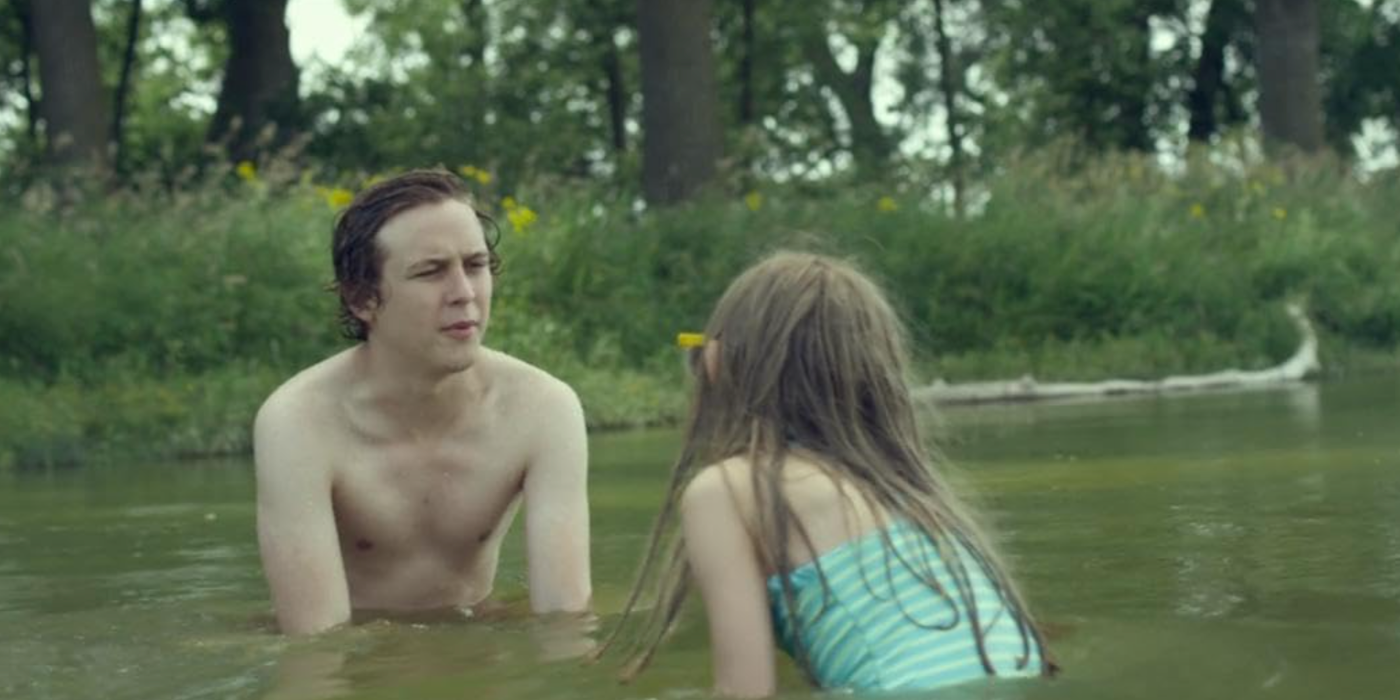
The Take Me To The River ending revolves around Ryder’s decision to leave the family reunion after tensions reach a breaking point. Early in the movie, Ryder’s family is already on edge due to his identity as a gay teenager in a conservative environment. The situation worsens when Ryder and his cousin Molly are left alone, and an ambiguous incident occurs. Molly’s behavior afterward raises suspicion, and her mother, played by Weigert, accuses Ryder of inappropriate conduct.
The climactic moments of Take Me To The River focus on Ryder as he navigates the growing animosity within his family.
The climactic moments of Take Me To The River focus on Ryder as he navigates the growing animosity within his family. As he prepares to leave the reunion, it’s clear that the family’s unresolved traumas, hinted at throughout the film, have come to the surface. There’s a sense that Ryder’s presence has reopened old wounds, although the film never explicitly states what these traumas are.
The ending of Take Me To The River remains deliberately open-ended, with Ryder’s departure symbolizing both his escape from the family’s repressed emotions and his acknowledgment that he cannot change their long-standing issues. While the audience is left with many unanswered questions, the final scenes emphasize that the real conflict lies not in what happened between Ryder and Molly, but in the family’s unwillingness to confront their own internal fractures.
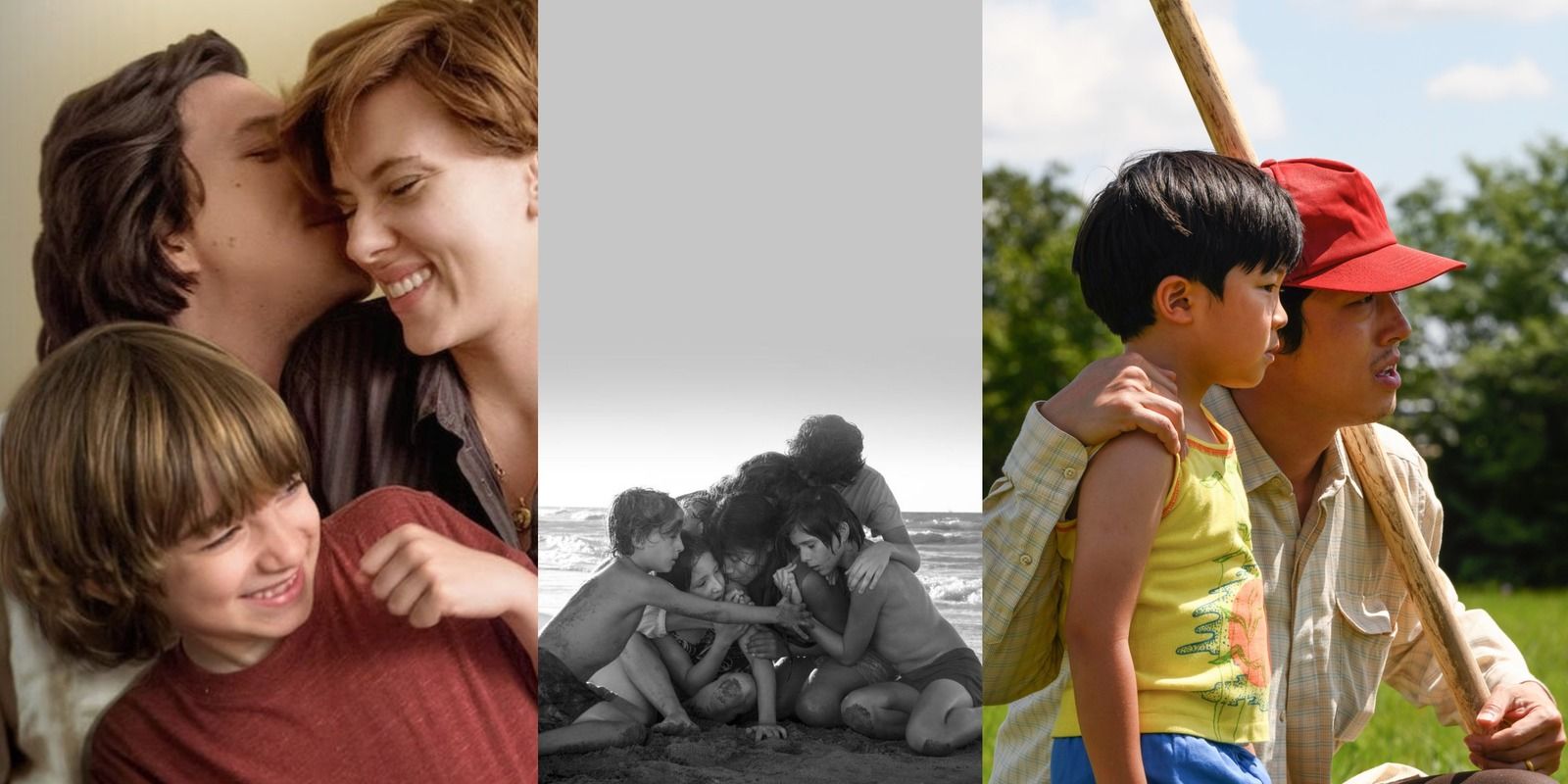
Related
10 Best Modern Family Dramas To Watch Like Roma
For all fans that loved the classic, subtle, artistic, and dramatic flair of Alfonso Cuaron's Roma, the are many films to watch next.
What Happened Between Ryder and Molly?
Ambiguity Is At The Heart Of Take Me To The River
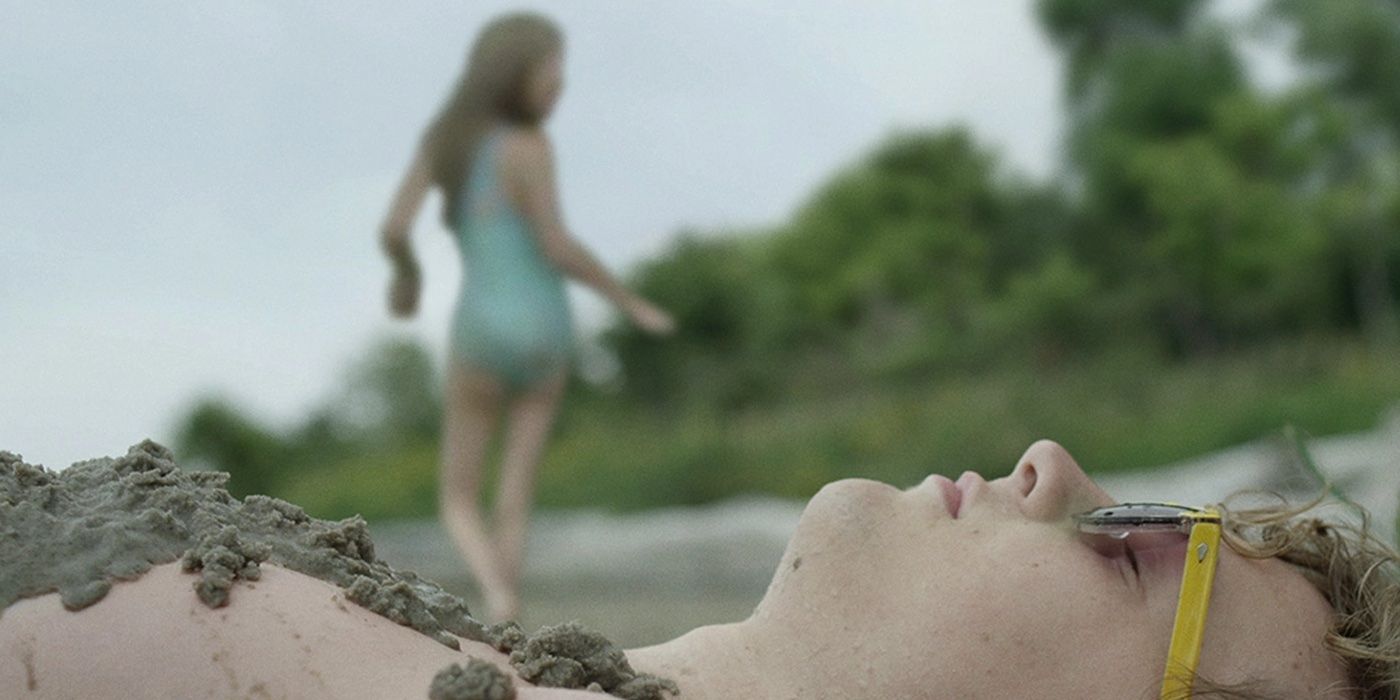
One of the central questions in Take Me To The River is whether Ryder’s interaction with his young cousin Molly was innocent or something more troubling. The movie provides little clarity on this matter, leaving the audience to interpret the events based on subtle behavioral changes and unspoken accusations. In the pivotal scene, Ryder and Molly are briefly alone, and when Molly emerges, she appears emotionally shaken. Soon after, her mother accuses Ryder of something inappropriate, but the film offers no concrete evidence to support or disprove these claims.
This ambiguity is a deliberate choice by director Matt Sobel, who wanted to challenge the audience's perceptions and expectations. Instead of providing a clear answer, Take Me To The River explores how families often use scapegoating and projection to avoid confronting deeper issues. In this case, Ryder’s family, already uncomfortable with his sexuality, may be using the incident with Molly as an excuse to distance themselves from him. The ambiguity heightens the film’s tension, forcing viewers to grapple with the unsettling reality that truth is often obscured by familial repression and avoidance.
Sobel’s decision to leave the incident unexplained invites a broader discussion about how trauma can distort perception. The family’s reaction to the incident reveals more about their internal struggles than it does about Ryder’s behavior, illustrating how easily misunderstandings can snowball into larger conflicts when left unaddressed.
Why Does Ryder Leave?
Ryder’s Alienation and the Family’s Repression
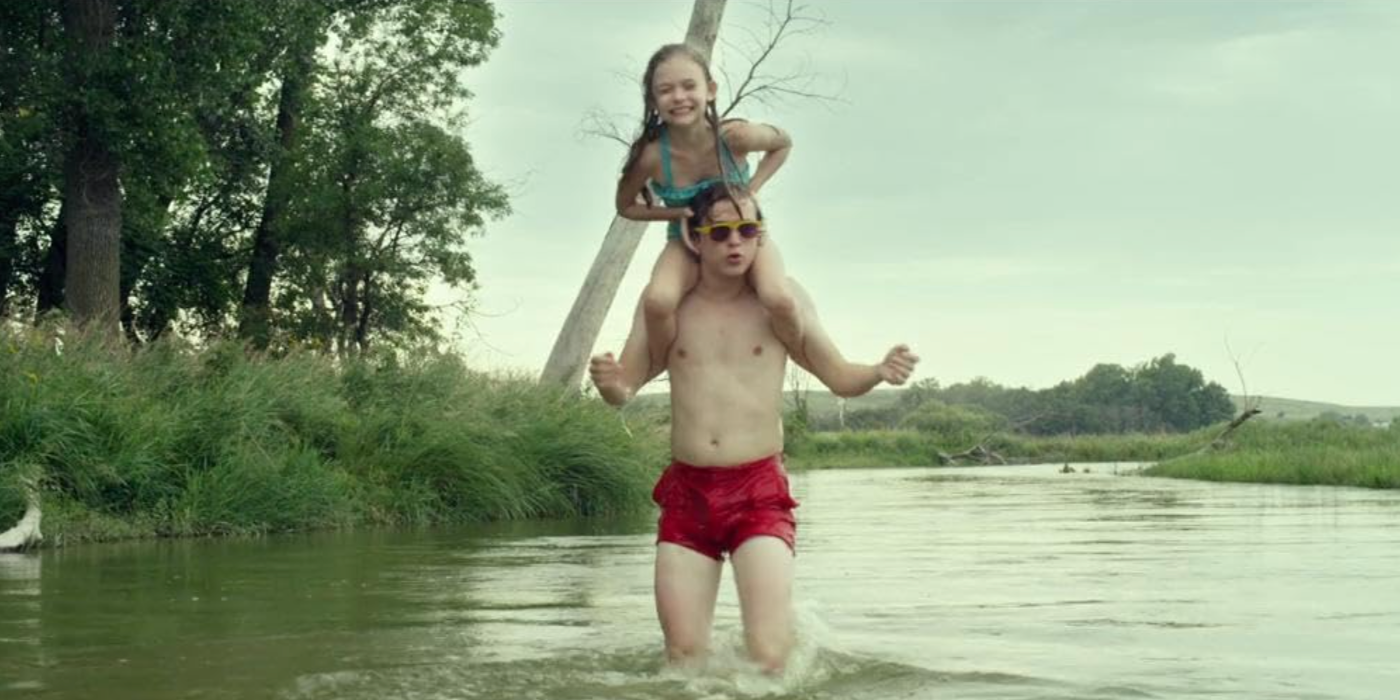
Ryder’s decision to leave the reunion at the end of Take Me To The River is significant, as it reflects his realization that the family’s problems go far beyond the incident with Molly. From the beginning, Ryder’s identity creates an undercurrent of tension that permeates the film. His relatives, particularly Molly’s mother, seem uncomfortable with his presence, and the incident with Molly serves as a catalyst for their repressed fears and anxieties to surface.
His family’s unwillingness to confront their own hidden traumas, coupled with their projection of these issues onto Ryder, makes it impossible for him to stay.
The film suggests that Ryder’s departure is an act of self-preservation. His family’s unwillingness to confront their own hidden traumas, coupled with their projection of these issues onto Ryder, makes it impossible for him to stay. His decision to leave highlights his growing awareness that he cannot change the family’s dynamics or force them to confront their deeper issues. Instead, Ryder chooses to distance himself from a toxic environment, recognizing that staying would only subject him to further alienation and misunderstanding.
Take Me To The River's exploration of repression is further emphasized by Ryder’s mother, who seems to understand the unspoken tension but is powerless to address it. Her quiet complicity in the family’s dysfunction adds to Ryder’s sense of isolation, as he realizes that even those closest to him are unable to bridge the emotional gaps that divide them.
The Real Meaning Of Take Me to the River's Ending
The 2015 Movie Is An Exploration Of Family Dysfunction
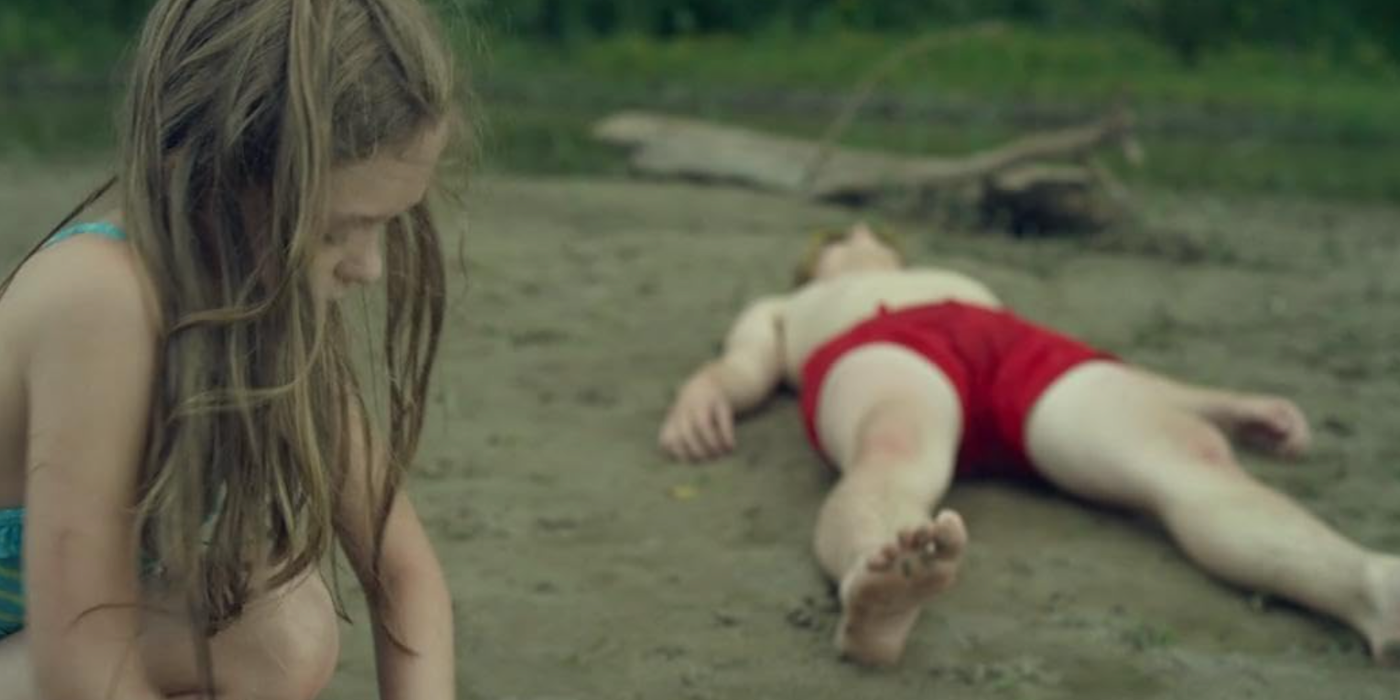
The ambiguity of Take Me to the River’s ending is a reflection of the unresolved nature of family trauma. The film doesn’t offer easy answers or a neat resolution; instead, it focuses on how families often avoid confronting difficult truths. The lack of closure in Ryder’s story underscores the film’s central message: that repression and avoidance only deepen wounds, leaving relationships fractured and unresolved.
Ultimately, Ryder’s departure signifies his choice to break away from the toxic dynamics that define his family. The film’s ending suggests that while some truths may remain hidden, the emotional toll of avoiding those truths continues to affect those involved. Take Me to the River forces viewers to confront the discomfort of ambiguity and the complexity of family relationships, leaving much of the story open to interpretation.
How The Take Me To The River Ending Was Received
Opinions On The Ending Were Mixed
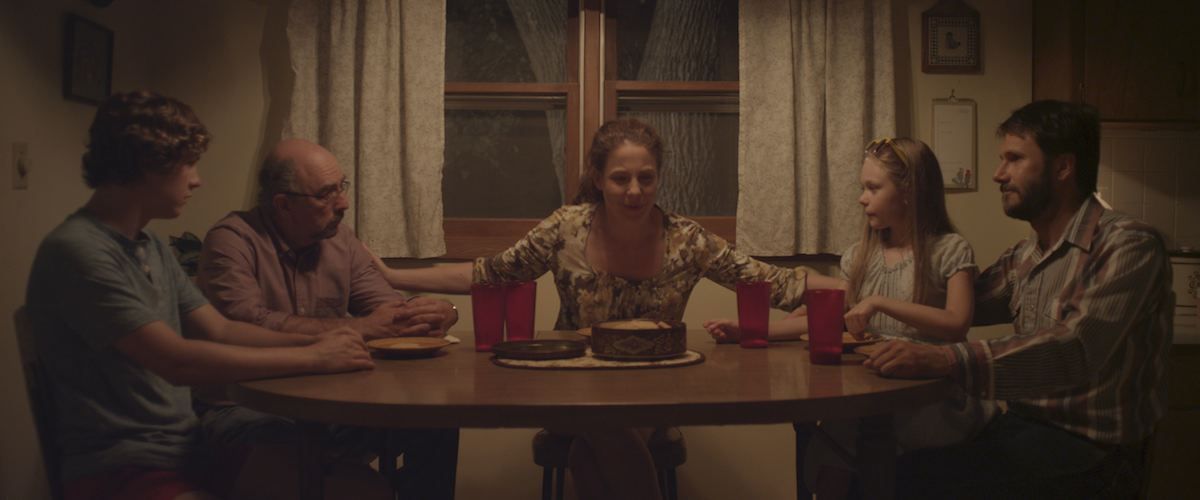
The response to Take Me To The River was somewhat divisive, especially when it came to the opinions of critics compared to those of general audiences. On Rotten Tomatoes, the 2015 movie has a 72% Tomatometer rating (critic score) against a mere 41% Popcornmeter rating (audience score). However, the polarizing nature of Take Me To The River isn't necessarily the fault of its ending. The film delves into some incredibly uncomfortable topics. While it handles them in a nuanced way, the subject matter of Take Me To The River is understandably a key reason that opinions were mixed.
As for the ending of Take Me To The River specifically, the level of ambiguity means that whether it's seen as a positive or negative will largely be down to the interpretation of the viewer. To some, it was a satisfactory conclusion to an uncomfortable yet well-told story. For others, it was the final frustrating note of a narrative filled with characters whose motivations didn't seem to make much sense. Critic Godfrey Cheshire, writing for Roger Ebert, sums the situation up well:
After his blow-up with Keith, Ryder runs off and hides out at an abandoned house on the family property. It’s a creepy, derelict place, evidently without water, power or any comforts at all. Come evening, Cindy encourages him to spend the night there. To which, the viewer may well wonder: Really? Though not an entirely bizarre decision, it does stretch credulity, seeming designed simply for dramatic effect.
There are many other moments like that in the film, places where I simply didn’t buy what the characters were doing or saying, even while being carried along by the story’s mystery and aura of understated weirdness. As for the nature of the aforementioned psychodrama, it’s what some viewers will find off-putting while others may be puzzled as to what Sobel is actually getting at. Whether it’s a negative, or a satisfying dramatic end-point, will depend on the individual viewer.
All in all, the ending of Take Me To The River is but a single piece in an incredibly polarizing puzzle. The focus of reviews, whether positive or negative, is rarely on the conclusion but on the story as a whole. The final moments didn't make or break the tense family drama. Those who enjoyed the ending were those who responded well to the film overall, just as those who didn't warm to the final moments had already formed their opinion before they arrived. Ambiguity in the ending of a movie often leads to incredibly mixed responses, and this is definitely the case with Take Me To The River.

Your changes have been saved
Take Me to the River (2015) is a drama film that delves into the complexities of family dynamics and buried secrets. Set against the backdrop of a family reunion, the story follows a teenage boy as he grapples with unexpected tensions and revelations that surface, challenging his understanding of kinship and acceptance.
Director Matt Sobel
Release Date January 26, 2015
Writers Matt Sobel
Cast Logan Miller , Robin Weigert , Josh Hamilton , Richard Schiff , Ursula Parker , Azura Skye , Ashley Gerasimovich , Elizabeth Franz , Seth Young , Amy Hostetler
Character(s) Ryder , Cindy , Keith , Don , Molly , Ruth , Abbey , Evelyn , Trenton , Terry
Runtime 84 Minutes

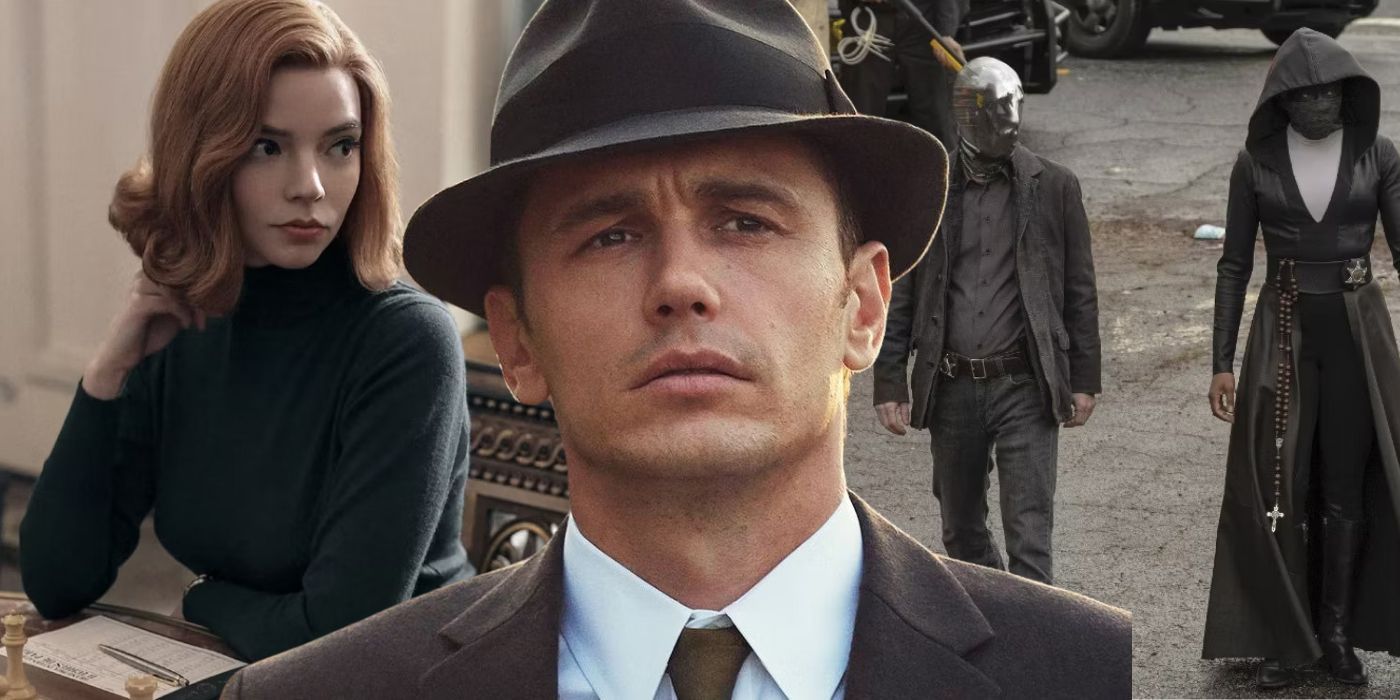
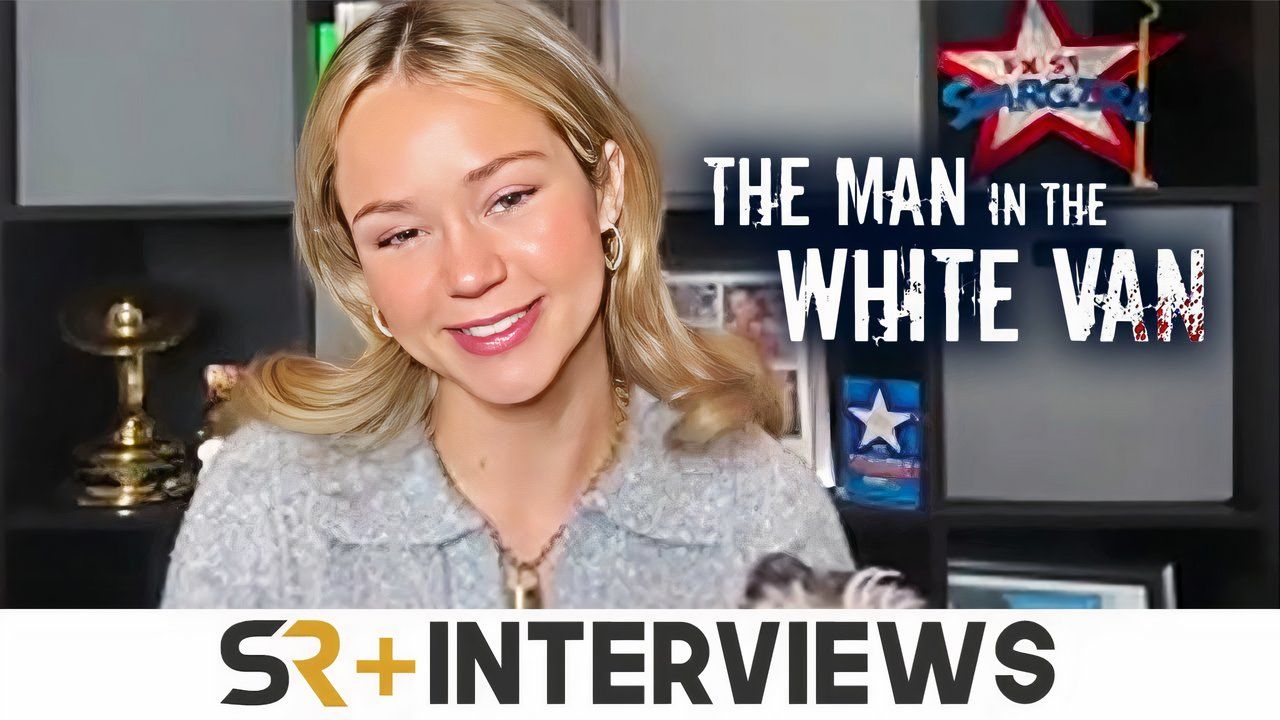






 English (US) ·
English (US) ·